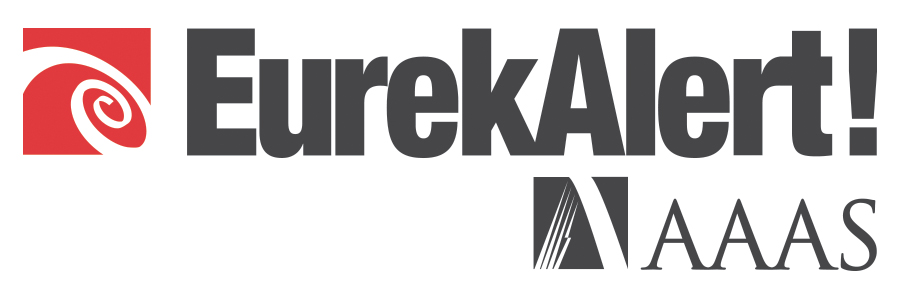
DENVER — (November 13, 2019)–The International Association for the Study of Lung Cancer today issued a new policy statement that strongly discourages the use of electronic cigarettes by youth or by adults who are not currently smoking.
The IASLC is the world’s largest multidisciplinary lung cancer organization and the new policy statement coincides with Lung Cancer Awareness Month.
“Electronic cigarettes have rapidly gained popularity under the premise that they may help people who smoke to quit, and that they may be less harmful than combustible tobacco,” said Dr. Tetsuya Mitsudomi, professor of thoracic surgery at Kindai University in Osaka, Japan and President of the IASLC.
Dr. Mitsudomi noted that while some people have been able to quit smoking with the use of electronic cigarettes, their use has expanded significantly to non-smokers, often youths and young adults. Data regarding cessation outcomes are inconsistent and long-term risks are unknown.
“The IASLC Tobacco Control and Smoking Cessation Committee wants to be current regarding what harms there could be to patients from vaping and, if there are any benefits, what those benefits could be. There are a lot of claims of benefits by the vaping industry or other groups, so assessment of benefit will be an ongoing task for the committee,” said Dr. Matthew Steliga, Chair of the committee and surgical oncologist at Winthrop P. Rockefeller Cancer Institute, Little Rock, Ark.
“We prefer to err on the side of patient safety and the recent outbreak in the United States of severe illness and deaths due to apparent pulmonary inflammation associated with electronic cigarettes have brought to light potential dangers of their use,” he said.
As of November 8, 2019, The US Centers for Disease Control have reported 2,051 cases of vaping related illness and 39 deaths1. Among 1,378 patients thus far with data on age and sex:
- 70% of patients are male.
- The median age of patients is 24 years and ages range from 13 to 75 years.
- 79% of patients are under 35 years old.
- 14% of the patients are under 18 years old.
“I think it is very important to note that, while severe illnesses that have resulted in death and hospitalization have been widely publicized, there may be many less-serious but still significant illnesses or damage to the lungs being caused by vaping,” Steliga said.
Based on current evidence, the IASLC shares international concern and takes the following positions on electronic cigarettes and other heated tobacco product devices. The IASLC supports the position of the American Thoracic Society on this issue and make the following specific points:
- Cancer treatment outcomes are worse in patients who continue to smoke, and it is critical
for all physicians to support patients through shared decision making to stop smoking. This issue has been addressed in this declaration: - Individuals who smoke including those with cancer should quit smoking immediately by any means possible.
- Healthcare professionals should advise all patients to stop smoking and vaping with cessation aids that are evidence-based.
- Evidence-based cessation aids which are safe and effective include approved pharmacotherapy and counseling.
- Electronic cigarettes for smoking cessation have not been proven by systematic reviews at this time.
- A few studies suggest there could be a link between vaping and lung cancer in animal models; there are no studies that have shown a cancer risk in humans. It is expected that studies linking vaping to the development of cancer would take several years to mature.
- Flavorings including other additives used in electronic cigarettes may contribute to vaping related illnesses.
- Electronic cigarettes should never be used by youth or by adults who are not currently smoking.
The full policy can be found here: //www.
###
About the IASLC:
The International Association for the Study of Lung Cancer (IASLC) is the only global organization dedicated solely to the study of lung cancer and other thoracic malignancies. Founded in 1974, the association’s membership includes more than 7,500 lung cancer specialists across all disciplines in over 100 countries, forming a global network working together to conquer lung and thoracic cancers worldwide. The association also publishes the Journal of Thoracic Oncology, the primary educational and informational publication for topics relevant to the prevention, detection, diagnosis and treatment of all thoracic malignancies. Visit //www.
Disclaimer: AAAS and EurekAlert! are not responsible for the accuracy of news releases posted to EurekAlert! by contributing institutions or for the use of any information through the EurekAlert system.

